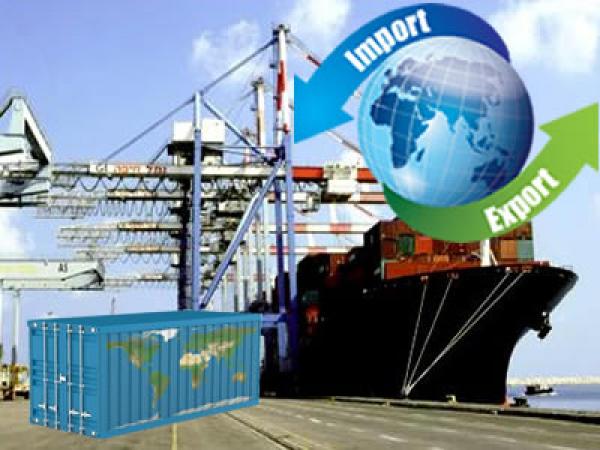Mandatory Documents Required For Export And Import Reduced To Three Each

India took a leap forward in improving 'Ease of Doing Business' today by reducing the mandatory documents required for import and export of goods to three documents each. The Directorate General of Foreign Trade (DGFT) issued a Notification to this effect today (Notification Link below).
The Department of Commerce had set up an Inter Ministerial Committee under the Chairmanship of DGFT in July 2014 to study and recommend ways to reduce the number of mandatory documents required for export and import. The Committee held detailed discussions with all stakeholders and the concerned Departments/ Ministries/Agencies and also visited JNPT to study the ground situation and find ways to minimize the number of documents and reduce transaction costs and time for exports and imports. The Committee submitted its "Trading Across Borders" report to Prime Minister's Office in December 2014.
Based on the recommendations of the report, the RBI has agreed to do away with the 'Foreign Exchange Control Form (SDF)' by incorporating the declaration in the 'Shipping Bill' (for exports) and dispensing with the 'Foreign Exchange Control Form (Form A-1)' (for imports). Customs have also agreed to merge the 'Commercial Invoice' with the 'Packing List' and have issued a Circular for accepting 'Commercial Invoice cum Packing List' that incorporates the required details of both the documents. The exporters and importers, however, have the option of filing separate 'Commercial Invoice' and 'Packing List' also, if they so desire. Shipping Ministry has also agreed to do away with the requirement of 'Terminal Handling Receipt' and make the process online. As a consequence, after issue of the DGFT's Notification dated 12-3-2015, only three documents each would be mandatory documents for export and import.
MANDATORY DOCUMENTS FOR EXPORT & IMPORT
| Sno | EXPORTS | IMPORTS |
| 01 | Bill of Lading/ Airway Bill | Bill of Lading/ Airway Bill |
| 02 | Commercial Invoice cum Packing List | Commercial Invoice cum Packing List |
| 03 | Shipping Bill/ Bill of Export |
Bill of Entry |
a
It may be recalled that India ranked 126 in 'Trading Across Borders" component of "Ease of Doing Business", out of 189 countries ranked by the World Bank, in its 2015 Report. The ranking methodology adopted by the World Bank for 'Trading Across Border' takes into account the number of mandatory documents required for export and import and the time and cost of exporting/importing a container out of/into the country. World Bank's 2015 Report listed 7 and 10 mandatory documents respectively for export and import from/to India.
MANDATORY DOCUMENTS LISTED BY WORLD BANK IN DOING BUSINESS REPORT 2015
| Sno | EXPORTS | IMPORTS |
| 01 | Shipping Bill | Bill of Entry |
| 02 | Commercial Invoice | Commercial Invoice |
| 03 | Packing List |
Packing List |
| 04 | Bill of Lading |
Bill of Lading |
| 05 | Foreign Exchange Control Form (SDF) |
Foreign Exchange Control Form (Form A-1) |
| 06 | Terminal Handling Receipt |
Terminal Handling Receipt |
| 07 | Technical Standard Certificate |
Certified Engineer's Report |
| 08 | Cargo Release Order | |
| 09 | Product manual | |
| 10 | Inspection report |
As such, after issue of DGFT's Notification only three documents each would be mandatory for export and import as two documents (Packing List and Commercial Invoice) required by Customs have been merged into one document, whereas one document required by RBI (Foreign Exchange Control Forms - SDF for exports and A-1 for imports) and one document required by Ministry of Shipping (Terminal Handling Receipt) earlier, have now been dispensed with. 'Cargo Release Order' is not a mandatory document required by any regulatory agency, but is a commercial document issued by the Shipping line to the concerned importer. As regards, 'Technical Standard Certificate'/ 'Certified Engineer's Report', 'Product manual' and 'Inspection report', these documents are required in specific cases/products/tariff lines only and are not mandatory for all products.
The reduction in the number of mandatory documents would also lead to corresponding reduction in Transaction cost and time. It is expected that this step would not only facilitate the 'Ease of Doing Business' in respect of 'Trading across Borders' but also improve India's ranking on this parameter.






